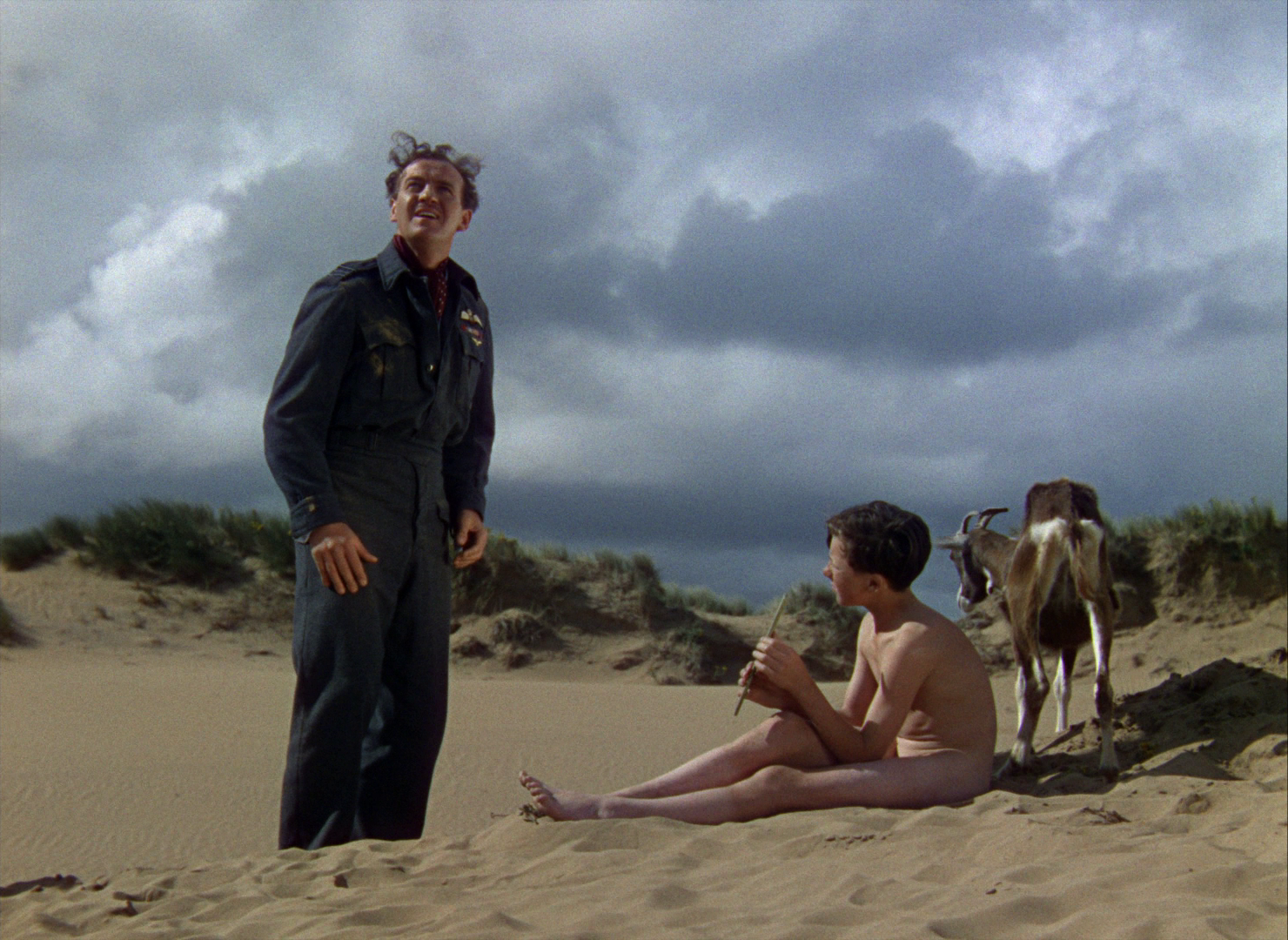Shadow of a Doubt (1943) – 4K Ultra HD + Blu-ray + Digital Code
Please note that all framegrabs are from the 1080p version
****/**** Image A Sound A Extras B-
starring Teresa Wright, Joseph Cotten, Macdonald Carey, Henry Travers
screenplay by Thornton Wilder, Sally Benson, Alma Reville, from an original story by Gordon McDonell
directed by Alfred Hitchcock
 by Walter Chaw Just by the fact of her, Charlie (Teresa Wright) is dangerous for her Uncle Charlie (Joseph Cotten), a violent rebuke of the caustic nihilism of his worldview. She’s too pure, too loving, too good; her existence is proof there’s something wrong with him. Very wrong. She’s so rare a thing, the only way to protect her and, by extension, what he believes about our debased, postlapsarian state is to corrupt her. Really, he’s doing her a favour. I think that Uncle Charlie knows he’s running out of time, that the dragnet around him is tightening at the neck. I think he wants to spend whatever freedom he has left turning his namesake to his way of thinking. Visiting for the first time in too long, he brings gifts for everyone in his sister Emmy’s (Patricia Collinge, her character named after Hitch’s mother) family: his brother-in-law Joe (Henry Travers), his little niece Ann (Edna May Wonacott), his nephew Roger (Charles Bates), and of course Charlie. But she rejects even the notion of receiving a present from her beloved uncle. His presence is good enough, she says.
by Walter Chaw Just by the fact of her, Charlie (Teresa Wright) is dangerous for her Uncle Charlie (Joseph Cotten), a violent rebuke of the caustic nihilism of his worldview. She’s too pure, too loving, too good; her existence is proof there’s something wrong with him. Very wrong. She’s so rare a thing, the only way to protect her and, by extension, what he believes about our debased, postlapsarian state is to corrupt her. Really, he’s doing her a favour. I think that Uncle Charlie knows he’s running out of time, that the dragnet around him is tightening at the neck. I think he wants to spend whatever freedom he has left turning his namesake to his way of thinking. Visiting for the first time in too long, he brings gifts for everyone in his sister Emmy’s (Patricia Collinge, her character named after Hitch’s mother) family: his brother-in-law Joe (Henry Travers), his little niece Ann (Edna May Wonacott), his nephew Roger (Charles Bates), and of course Charlie. But she rejects even the notion of receiving a present from her beloved uncle. His presence is good enough, she says.


